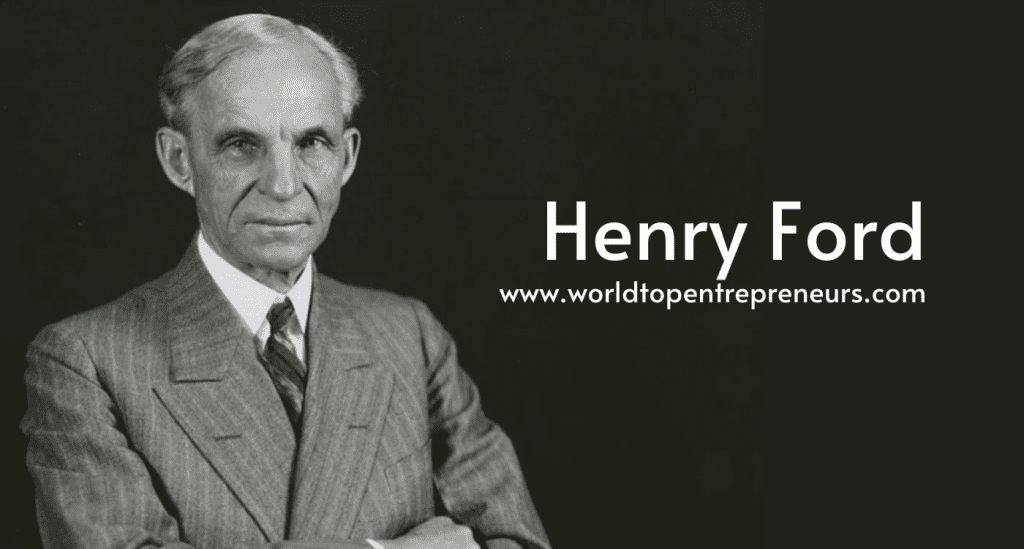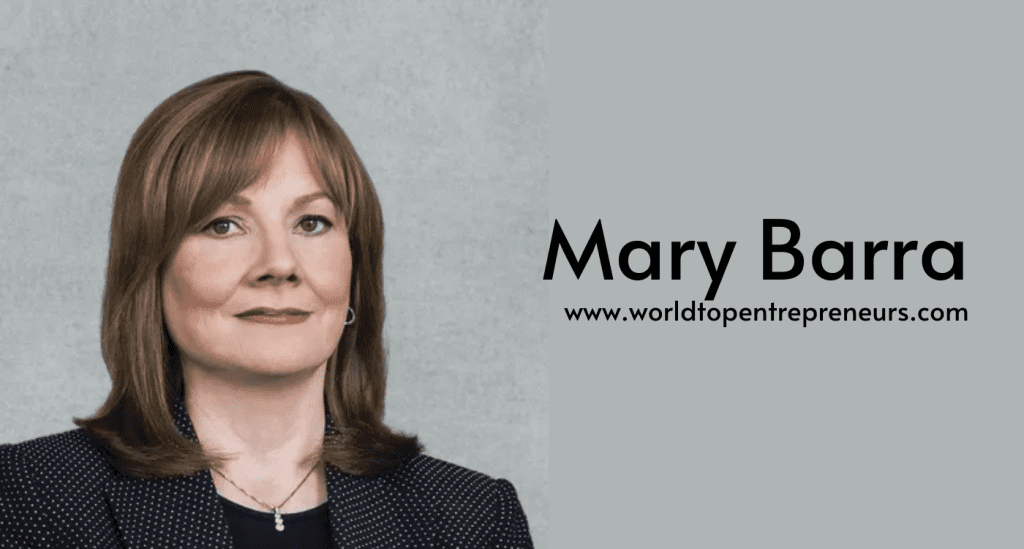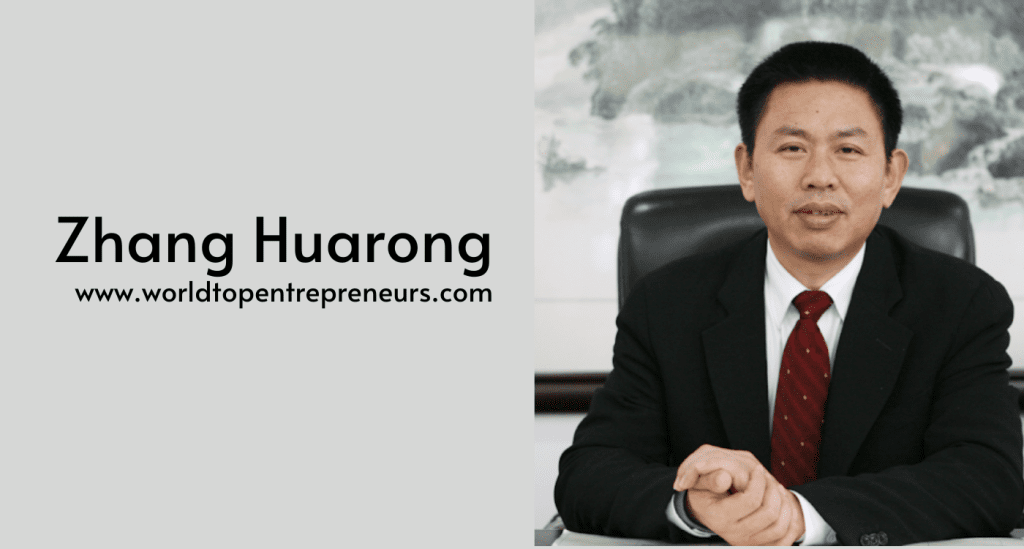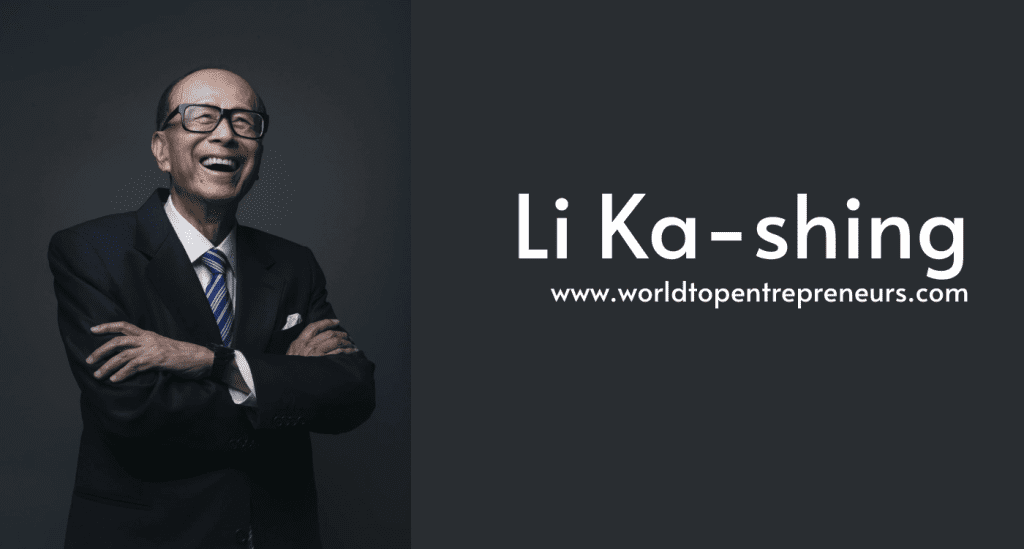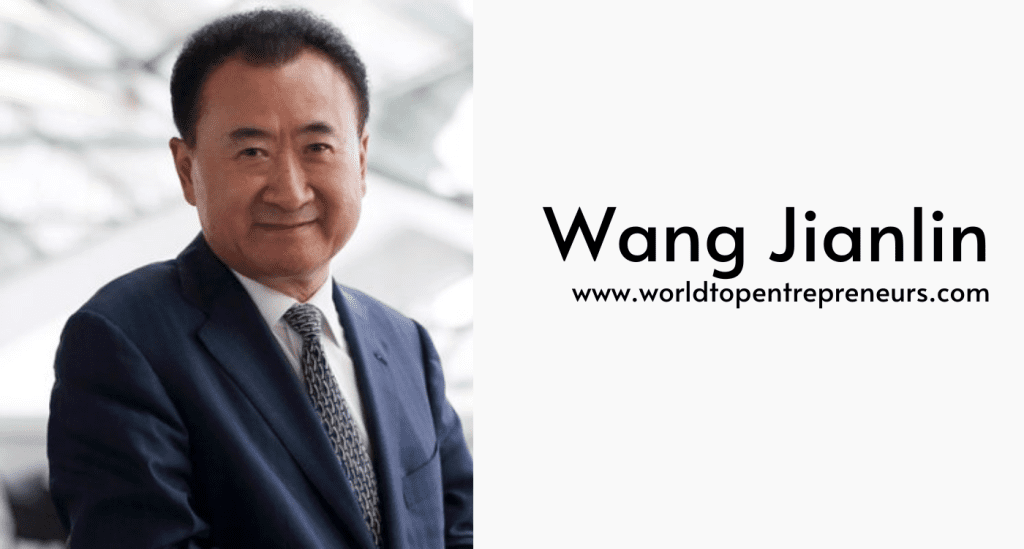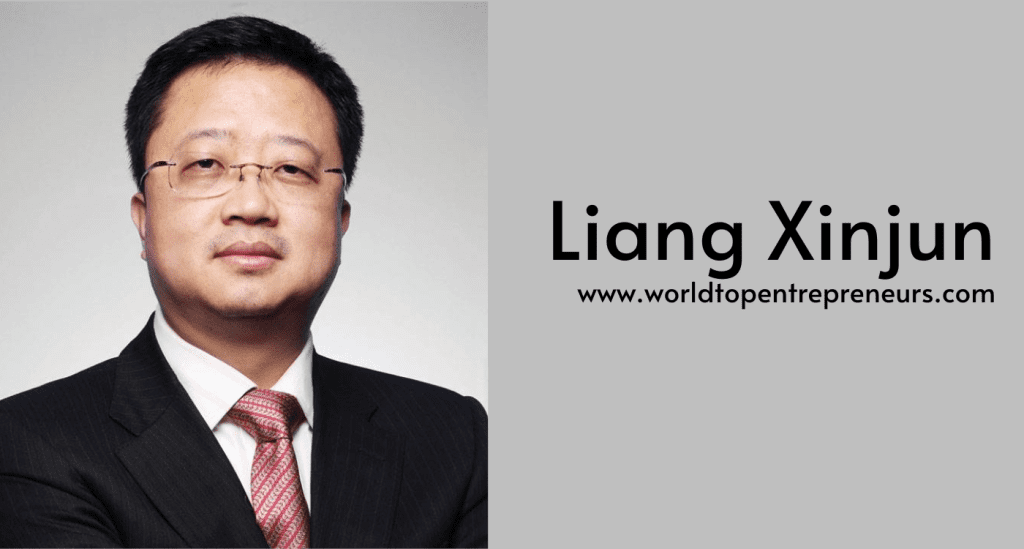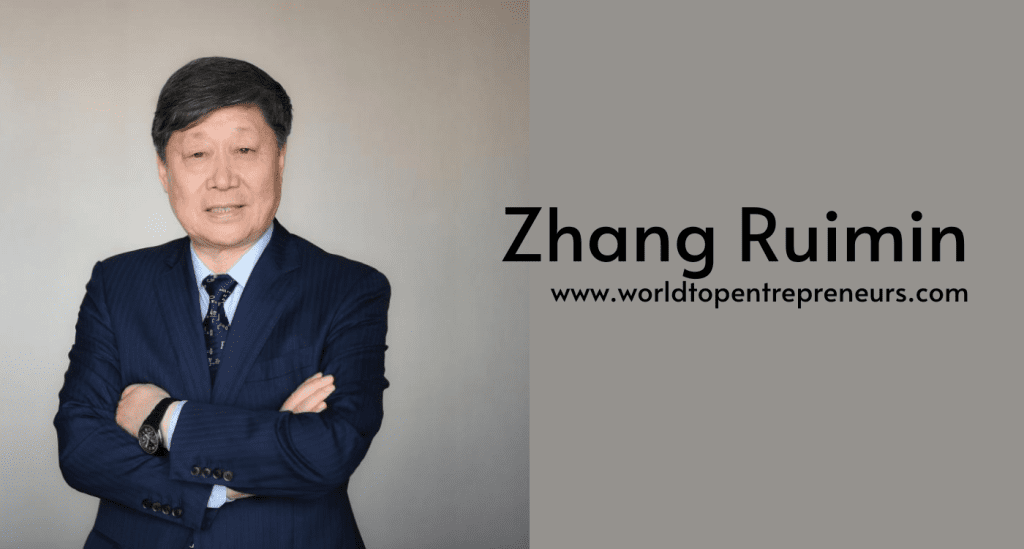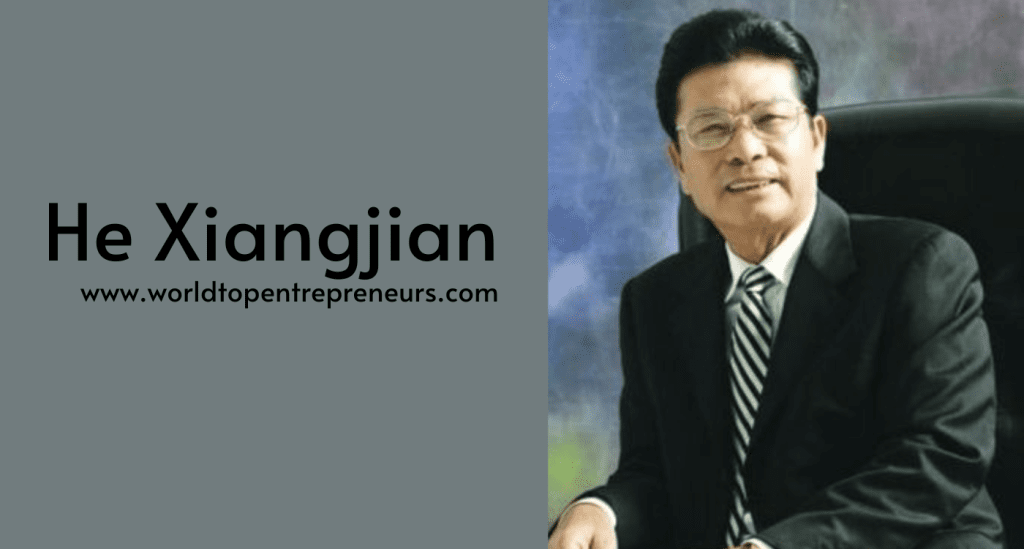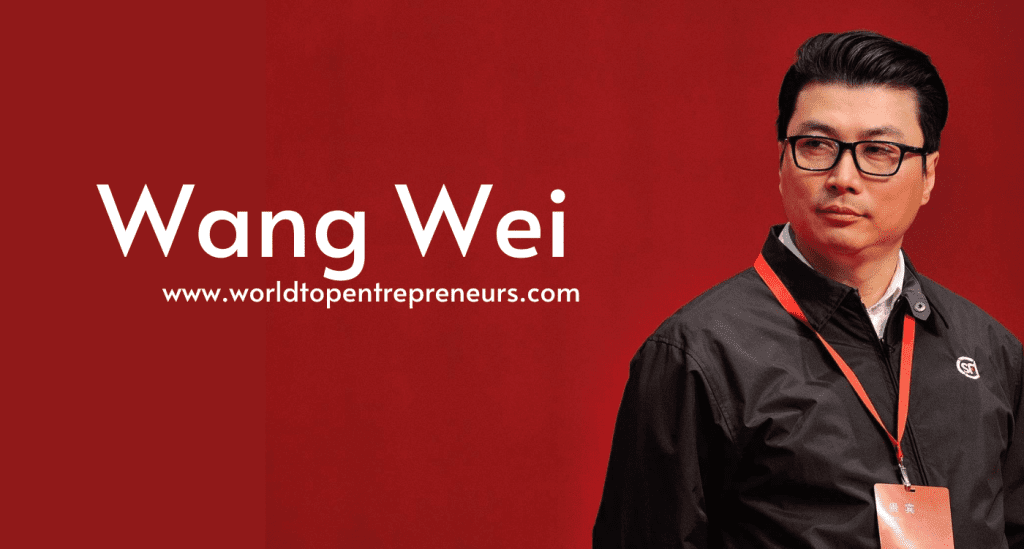Miki Agrawal is a bold entrepreneur, renowned for her visionary work in revolutionizing women’s health and breaking societal taboos around menstruation. As the co-founder of Thinx, a groundbreaking company that redefined menstrual care, Agrawal’s entrepreneurial journey has been one of resilience, innovation, and empowerment. With a focus on social impact, sustainability, and women’s well-being, Miki has played a crucial role in changing how society approaches sensitive issues like menstruation and feminine hygiene.
This blog delves into Miki Agrawal’s educational background, entrepreneurial journey, challenges faced, successes, and the legacy of her companies, particularly Thinx, a game-changer in the world of period products.
Early Life and Educational Background
Miki Agrawal’s path to becoming an influential entrepreneur began with her diverse interests and experiences growing up. Born in Montreal, Canada, to Indian immigrant parents, Miki was exposed early on to the challenges of balancing cultures and traditions. Her family emphasized hard work and a commitment to making a difference in the world, values that would guide her throughout her career.
Miki went on to pursue a Bachelor’s degree in Business and Economics at Cornell University. At Cornell, Miki honed her entrepreneurial instincts, and it was here that she first recognized her passion for addressing societal issues through innovative business models. Miki’s time at Cornell was formative, not only in terms of academic knowledge but also in shaping her vision for how businesses could create positive social impact while also being financially successful.
The Birth of Thinx: Revolutionizing Menstrual Care
After completing her education, Miki Agrawal ventured into various industries, exploring opportunities to combine her entrepreneurial drive with her passion for social change. She initially worked in the advertising industry before pivoting to founding several other ventures, but it was her experience in observing the lack of options and stigma around menstruation that sparked the idea for Thinx.
Thinx, founded in 2013, was a disruptive company aimed at providing women with an innovative and comfortable alternative to traditional period products like pads and tampons. The company introduced period-proof underwear, designed to absorb menstrual blood without the need for disposable products. This idea was revolutionary because it not only promised comfort and convenience but also helped reduce the environmental impact of single-use products, a win for both women and the planet.
Miki’s inspiration for creating Thinx came from her personal frustration with the traditional period products available on the market. She realized that menstruation had been stigmatized for far too long, and there was a significant gap in the market for comfortable, effective, and eco-friendly menstrual care products. Miki’s entrepreneurial instinct kicked in — and Thinx was born.
Breaking Taboos: A Vision of Empowerment
When Thinx first launched, Miki Agrawal and her co-founders (including Antonia Saint-Denis and Radha Agrawal) faced an uphill battle to normalize the conversation around menstruation and feminine hygiene. The subject of periods was considered taboo in many cultures, and the notion of period-proof underwear was, at first, met with skepticism.
However, Miki was resolute in her vision. She believed that in order to truly transform the conversation around menstruation, it was necessary to create a brand that was not just about selling products, but about fostering an open dialogue about menstruation. Thinx aimed to change the narrative, positioning menstruation as a normal, everyday occurrence, rather than something shameful.
Miki’s marketing strategy was unconventional but effective. Thinx’s ads featured real women talking about their periods, embracing the natural process and showcasing the benefits of the product with humor and authenticity. This approach resonated with a wide audience and allowed Thinx to build a loyal community of customers who felt empowered and supported by the brand.
Struggles and Challenges
Despite the innovative nature of Thinx’s products, the journey was not without challenges. The taboo surrounding menstruation remained a significant hurdle in creating widespread acceptance. There were also logistical and technical challenges involved in developing period-proof underwear that was comfortable, absorbent, and durable.
Some of the key struggles Miki faced included:
- Breaking the Stigma: A major challenge in launching Thinx was combating the deep-rooted stigma around menstruation. In many societies, the topic was still considered shameful, and talking openly about periods was often avoided. Miki and her team had to overcome this barrier and change the conversation to normalize menstruation.
- Supply Chain and Product Development: Developing a product that was both innovative and reliable required substantial research and development. Creating period-proof underwear that could be worn comfortably all day, without leaks or odors, required collaboration with manufacturers and textile engineers to ensure the highest quality.
- Funding and Growth: Like many startups, Thinx initially faced challenges in securing funding. Raising capital while proving the viability of a product in a relatively untapped market required persistence and strategic pitch meetings with investors who were initially skeptical about the potential for such a product. Miki faced the added challenge of convincing investors that menstruation could be a profitable, mainstream market.
- Cultural Resistance: In some markets, the conversation about periods was still largely absent from the mainstream. To bring Thinx to the forefront of the market, Miki had to convince retailers, distributors, and influencers to support the product, despite the cultural resistance to openly discussing menstrual health.
Successes and Achievements
Thinx eventually overcame these challenges and achieved remarkable success. The brand grew rapidly, capturing the attention of women globally who were seeking an alternative to traditional period products. Some of the key successes of Thinx under Miki Agrawal’s leadership include:
- Product Innovation: Thinx was revolutionary in terms of its product design. The company’s underwear was not only effective in absorbing menstrual flow but also created a sustainable solution by eliminating the need for disposable pads and tampons. The underwear was made of antimicrobial, moisture-wicking, and leak-proof fabric, making it a breakthrough in menstrual care.
- Widespread Recognition: Thinx garnered widespread attention and praise for its innovative approach to menstrual care, with media outlets like The New York Times, Fast Company, and Vogue featuring the company. Miki herself became a well-known public figure, praised for her boldness and her commitment to challenging societal norms.
- Social Impact: Thinx has always placed a significant emphasis on social impact. In addition to its environmentally friendly products, the company created initiatives like the Thinx for All program, which provided free period products to underprivileged communities, helping to address menstrual health inequities globally.
- Expansion and Growth: Over time, Thinx expanded its product line to include maternity underwear, bladder incontinence products, and other innovations in feminine hygiene. The brand’s success also paved the way for competitors and helped bring period-proof products into the mainstream.
- Sustainability: Miki’s commitment to sustainability was a driving force behind the company’s success. Thinx’s products were designed to reduce waste, as they could be reused for years, making them a more eco-friendly option compared to disposable menstrual products.
Departure from Thinx and New Ventures
In 2017, Miki Agrawal stepped down as CEO of Thinx amid controversies related to her leadership style and internal challenges. While her departure marked the end of her direct involvement with Thinx, she continued to advocate for women’s health and social causes. After leaving Thinx, Miki went on to focus on other ventures, including founding Tushy, a company that sells bidets to encourage better hygiene practices and reduce the environmental impact of toilet paper.
Miki also published her memoir, “Do Cool Sh*t”, which serves as both a motivational guide for entrepreneurs and a candid look at her journey of building disruptive businesses.
Legacy and Impact
Miki Agrawal’s entrepreneurial journey, particularly through Thinx, has made a lasting impact on how women’s health issues are viewed and discussed. Her work has helped normalize menstruation, challenge societal taboos, and provide women with better, more sustainable solutions for managing their periods.
Her success story is a testament to the power of innovation, social entrepreneurship, and challenging the status quo. Miki’s ability to see opportunities in overlooked industries and tackle them with creativity and determination has inspired a new generation of entrepreneurs, especially women, to pursue their passions and make a difference in the world.
Conclusion
Miki Agrawal’s entrepreneurial journey has not just been about building successful companies, but about breaking barriers, fostering inclusivity, and creating lasting change in the way society views menstruation and women’s health. Through Thinx, she has empowered millions of women around the world, offering them not only a product but also a sense of freedom and confidence. As Miki continues her work with new ventures, her legacy as a disruptor, innovator, and social entrepreneur will undoubtedly continue to inspire future generations.






